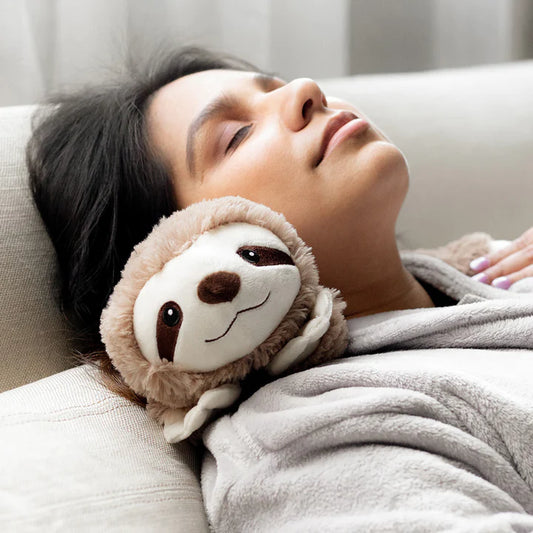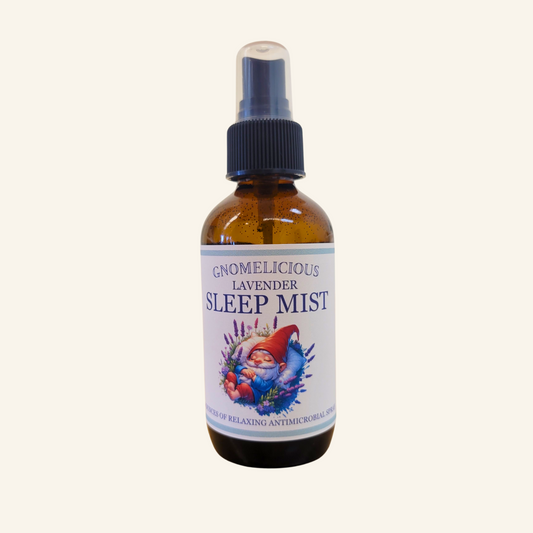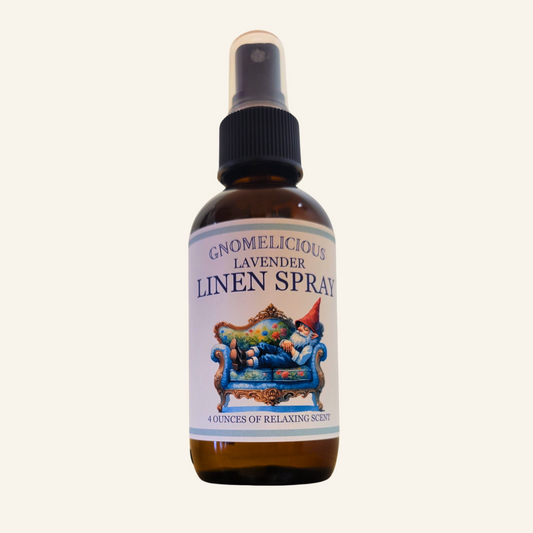In today's fast-paced world, stress is an unwelcome companion for many. Amidst the chaos, nature offers us a fragrant haven: lavender. Known for its calming aroma, this purple-hued plant has been cherished for centuries. But did you know that there's scientific evidence behind lavender's stress-reducing properties?
The Science Behind the Scent
Researchers have delved into the calming effects of lavender, and the results are promising. A study published found that inhaling lavender essential oil can decrease cortisol, the body's stress hormone. Another study(2) showed that lavender aromatherapy could significantly reduce stress levels in nursing students.
Linalool: The Magical Component
Lavender's primary component, linalool, plays a crucial role in its soothing properties. According to a study in the Journal of Ethnopharmacology, linalool's inhalation directly affects our brain's neurotransmitters, promoting relaxation and reducing anxiety(3).
A Natural Sleep Aid
Beyond immediate relaxation, lavender has also proven beneficial for a restful night's sleep. A study conducted on elderly individuals showed that the aroma of lavender improved sleep quality, suggesting its potential as a natural sleep aid.(4)
Incorporating Lavender into Your Daily Routine
Consider introducing lavender in subtle ways:
1. Inhalation: Simply breathe in the scent from a sachet, aromatherapy bracelet or a drop of essential oil on a cloth.
2. Bath Time: Consider adding a few drops of lavender oil to your bath for a tranquil experience.
3. Around Your Home: Use it in diffusers or spritz a lavender-infused spray in your living space. 
Nature, with its vast array of remedies, has blessed us with lavender—a natural answer to the stresses of modern life. While there's a myriad of ways to integrate this fragrant herb into our lives, it's the science-backed assurance of its efficacy that makes it truly special. So, the next time stress looms, remember there's a purple-hued hero waiting to soothe your senses.
Sources:
1. [Phytomedicine](https://www.sciencedirect.com/science/article/pii/S0944711300800893)
2. [PubMed](https://www.ncbi.nlm.nih.gov/pmc/articles/PMC3612440/)
3. [Journal of Ethnopharmacology](https://www.sciencedirect.com/science/article/pii/S0378874109006958)
4. [Another study on PubMed](https://www.ncbi.nlm.nih.gov/pmc/articles/PMC3230760/)



